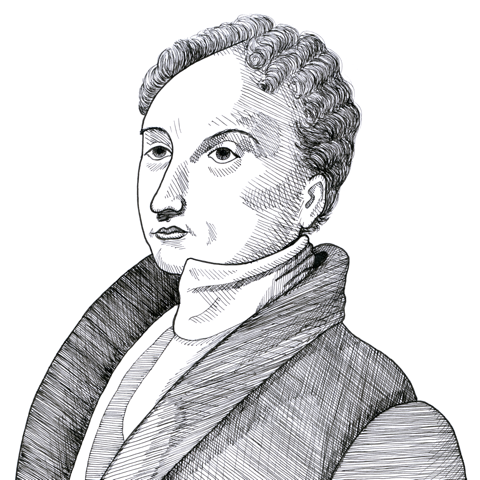
James Mill on the ruling Few and the subject Many (1835)
Found in: The Political Writings of James Mill (1815-1836)
James Mill (1773-1836) identifies two groups in British society, namely “the ruling Few” who enjoy legal and economic privileges, and “the subject Many” who pay the taxes and submit to the regulations:
Class
To understand this unhappy position of a portion of our fellow-citizens, we must call to mind the division which philosophers have made of men placed in society. They are divided into two classes, Ceux qui pillent,—et Ceux qui sont pillés [those who pillage, and those who are pillaged]; and we must consider with some care what this division, the correctness of which has not been disputed, implies.
The first class, Ceux qui pillent [those who pillage], are the small number. They are the ruling Few. The second class, Ceux qui sont pillés [those who are pillaged], are the great number. They are the subject Many.
It is obvious that, to enable the Few to carry on their appropriate work, a complicated system of devices was required, otherwise they would not succeed; the Many, who are the stronger party, would not submit to the operation. The system they have contrived is a curious compound of force and fraud:—force in sufficient quantity to put down partial risings of the people, and, by the punishments inflicted, to strike terror into the rest; fraud, to make them believe that the results of the process were all for their good.